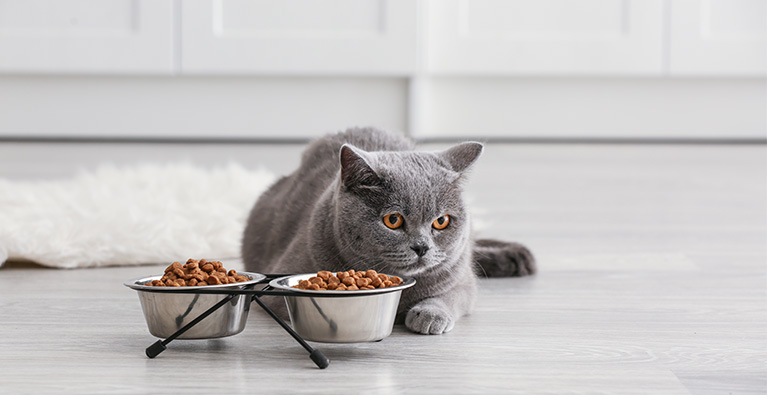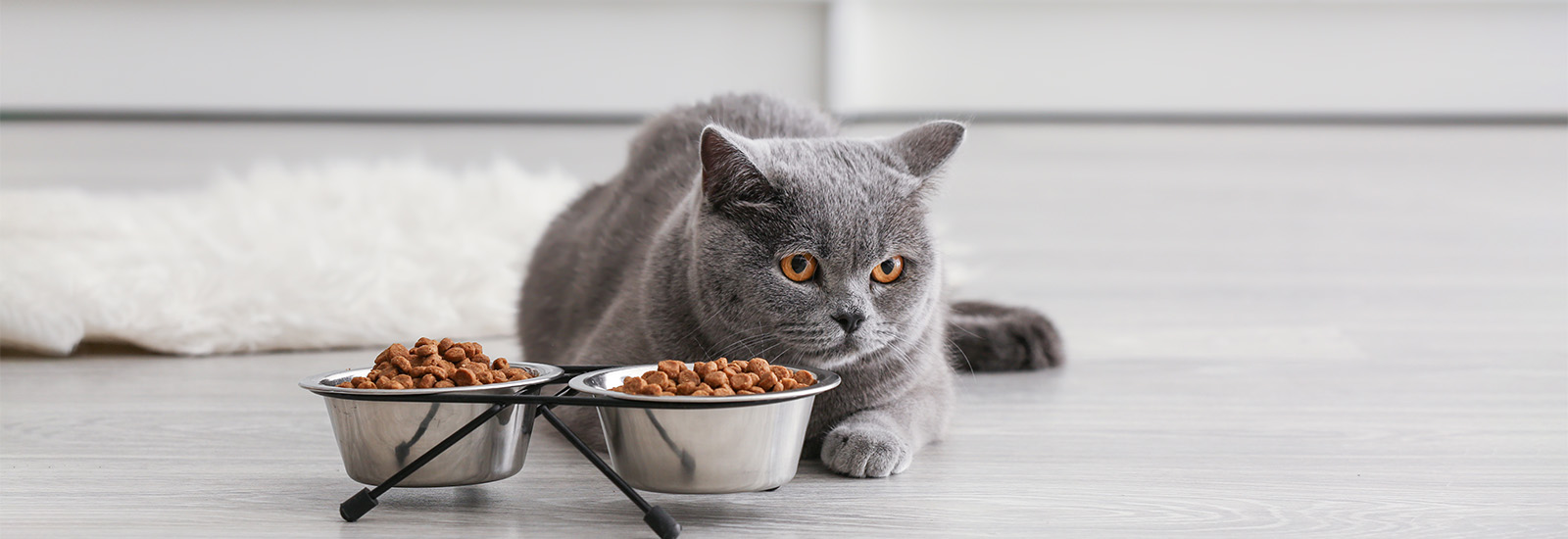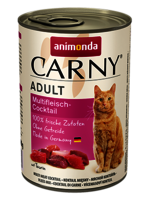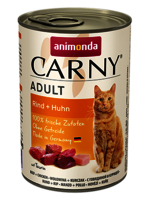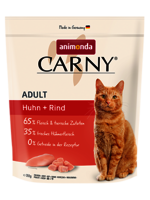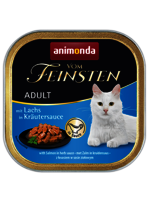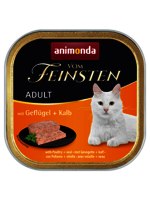Taurine for cats
Taurine is an essential nutrient for cats that is crucial for their health and wellbeing. Cats, unlike many other mammals, are unable to produce sufficient amounts of taurine themselves and are therefore dependent on an adequate intake through their food. This practical guide contains all the essential information you need.
What is taurine?
Taurine is one of the many nutrients that cats need for the maintenance of a wide range of bodily functions. It is an essential nutrient, which means that the cat’s body is unable to produce sufficient amounts of it on its own. It is therefore essential that cats consume it with their food.
Taurine is a sulphur-containing amino acid, i.e. a protein component, which was first identified in the bile of cattle in 1827. It was given the name taurine from the Latin word for bull (taurus).
Where can taurine be found?
The heart muscle has been found to contain the highest levels of taurine. The amino acid is present in large quantities in many different animal tissues. Taurine is not found in plants. The vital supply of taurine in a cat’s diet reflects its ability, as a pure carnivore, to adapt to mice as its prey. Taurine occurs naturally in animal products, especially in:
- Meat
- Fish
- Offal (especially heart and liver)
Symptoms of a taurine deficiency
A taurine deficiency can lead to serious health problems in cats. The most common symptoms are:
- Degeneration of the retina (irreversible damage to the eyesight)
- Heart problems
- Infertility
- Birth defects in kittens
Today, there are hardly any cases of taurine deficiency in domestic cats.
How much taurine does a cat need and what do the FEDIAF guidelines stipulate?
The supply of taurine is dependent on the production process of the respective food. As a general rule, the level of taurine is lower in wet food, which is why a higher minimum content is required. The FEDIAF (European Pet Food Industry Federation) is the European umbrella organisation for the pet food industry. The federation provides guidelines for the composition of nutrients in cat and dog food. The FEDIAF recommendations regarding nutrient content are regularly reviewed and adjusted in close collaboration with a team of independent European scientists. In accordance with the FEDIAF guidelines, food for active adult cats should contain the following minimum amounts of taurine:
- Wet food: 2000 mg of taurine per kg of dry matter
- Dry food: 1000 mg of taurine per kg of dry matter
These figures take into account a margin of safety to compensate for possible losses. FEDIAF has not set a maximum amount for taurine in cat food.
Good to know for all pet owners: animonda guarantees that all the nutrients in its complete pet foods comply with the levels recommended by the FEDIAF!
Can too much taurine be harmful to cats?
There is currently no evidence that an overdose of taurine could be harmful to cats. Commercial cat foods therefore often contain more taurine than the recommended minimum amount in order to compensate for any losses resulting from processing and storage.
You may also like this
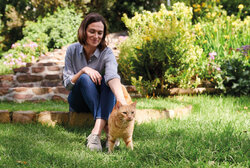
Good cat food
How to recognize a good cat food
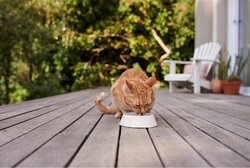
Dry or wet food?
Advantages and disadvantages of the different types of food
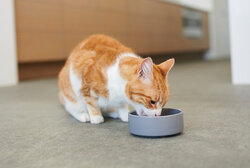
Feeding your cat
Tips on food and a healthy diet
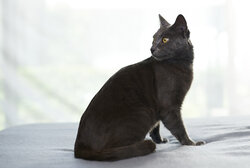
Diabetes in cats
Cats too can suffer from elevated blood sugar levels
